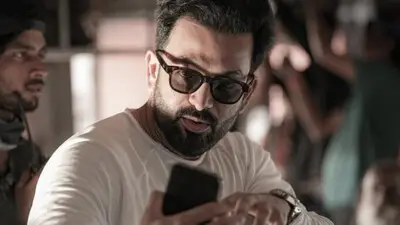But behind the scenes, the New York Police Department and other law enforcement agencies still watch for and worry about the next terror plot against the city, something they say is certain to come.
Experts say that while al-Qaeda remains a threat, the admitted would-be bomber in the Times Square case represented a modern breed of homegrown terrorist -- one with perhaps less formal training and fewer resources than the September 11, 2001 attackers, but with equal audacity and a willingness to stage smaller strikes that still have the power to paralyse a city.
“The old al-Qaeda that we were familiar with after 9/11 was very centrally controlled,” said Randall Larsen, head of the nonprofit Institute for Homeland Security. “Part of the new al-Qaeda is providing training and motivation, and in some cases some money and equipment, to these splinter groups that are around the world.”
Since the May 1 bombing attempt by Faisal Shahzad of Bridgeport, Connecticut, a naturalised US citizen originally from Pakistani, the NYPD has continued to fine-tune trip wires it hopes will stop other would-be terrorists.
Police have expanded programmes to monitor the stockpiles and sales of fertilizer, household chemicals and other potential homemade bomb ingredients; to patrol the subways with bomb-sniffing dogs and heavy arms; and to use license-plate readers, closed-circuit cameras and radiation detectors to harden Wall Street and midtown targets against dirty bomb and other attacks.
The next attacker is more likely to be a less-sophisticated, “self-radicalised” terrorist, like Shahzad, who sees himself more a follower of an extremist social movement rather than a sworn member of a terror network, said Peter Romaniuk, a professor at John Jay College of Criminal Justice who specialises in international security and counterterrorism.
The Shahzad case “is part of the evolution of the terror threat,” Romaniuk said. As for September 11, he added, “that expeditionary-style of terrorism is less likely to occur these days.”












